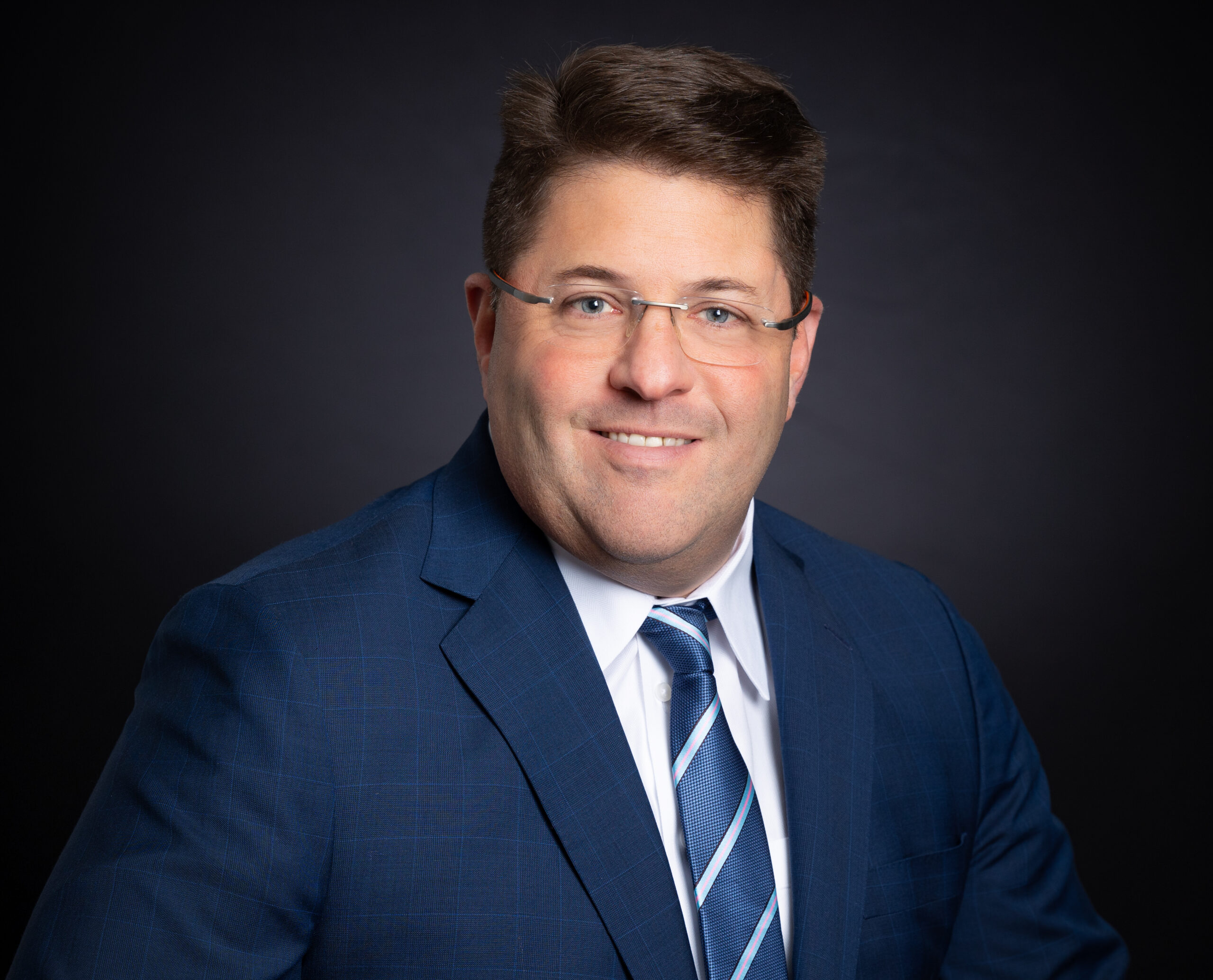
Rest assured that the law is in your favor. In most cases, spouses and family members are not directly responsible for paying medical debt after death. Instead, New York provides a legal pathway for hospitals and medical facilities to recover payment from the deceased’s estate. If a debt collector is harassing you for your loved one’s medical debt, contact the Law Office of Andrew M. Lamkin, P.C. An experienced elder law attorney like Andrew Lamkin can explain your rights and help you stop invasive debt collection calls.
What Happens to Medical Bills When You Die?
Even if a loved one had health insurance, chances are that they left at least some medical expenses unpaid at the time of their death. The medical provider has a right to recover the costs of their medical care.
The provider will typically make a claim against the deceased’s estate to recover these costs. A creditor has seven months to file a claim against the estate, including for medical bills. The claim must:
- Be in writing;
- Explain the factual basis of the debt; and
- Include the amount owed.
The estate collects all the assets in the deceased’s name, such as bank accounts or cars. The estate goes through probate court under the control of a fiduciary, known as an administrator, executor, or personal representative. The fiduciary will collect the deceased’s assets, assess the creditor’s claims, and pay estate taxes before distributing the remaining assets to the family. If your loved one had a will, the distribution would follow their wishes. Otherwise, the distribution will follow the state’s intestacy laws. An elder law legal practitioner can answer your questions about how distribution will occur with your family’s assets.
Is Power of Attorney Responsible for Medical Bills After Death?
As people age, the chances grow that they will experience medical complications that leave them unable to express their wishes. Many people appoint a medical power of attorney to ensure they receive the care they prefer.
A principal grants a medical power of attorney the authority to make healthcare decisions on the principal’s behalf. This power is generally triggered if and when the principal becomes incapacitated. The power exists as long as the principal cannot make their own medical decisions.
A power of attorney also owes fiduciary duties to the principal, including the duty to act in the principal’s best interests. Depending on the principal’s wishes, this may result in the power of attorney accruing significant medical debt to pay for the principal’s care.
Part of the power of attorney acting in the principal’s best interests is monitoring how much treatment costs. Yet, the power of attorney is not responsible for paying medical bills, even if they were responsible for deciding that the principal should receive the treatment. This is because a power of attorney stands in for the principal only in a decision-making capacity only.
Who Pays Medical Bills After Death?
The estate’s personal representative is responsible for allowing or rejecting claims made by creditors against the estate under the supervision of the court. The personal representative should generally allow any claims that appear legitimate.
The representative must provide prompt notice to the creditor after allowing or rejecting a claim. If they reject the claim, they must explain the reasons for the rejection. A creditor with a rejected claim may dispute the rejection with the court.
Claims the personal representative allows go to the court. Unless the personal representative provides reasons why the debt should not be paid, the court will order the estate to pay the debt. Once the court orders the payment, the personal representative pays the creditor out of estate funds.
Negotiating Medical Bills After Death

When a person passes away, their estate is distributed to creditors according to preferences set by the law. If the estate cannot reimburse every creditor, those with lower preference may not receive anything. But what happens when there are many competing debts of the same preference level and insufficient funds to satisfy all claims?
Heirs may have reasons to retain property within estates that cannot satisfy all creditors. How do those claims compete with creditors’ claims?
Sometimes, creditors inflate their claims. For example, it is not uncommon for medical bills to shrink when you ask for a specific accounting, which could make the difference between heirs receiving something or receiving nothing.
In these circumstances, the personal representative is empowered to negotiate with the creditor on the estate’s behalf. Usually, this duty falls to the personal representative’s attorney, who can speak directly with the creditors to work out a resolution.
Who Is Responsible for Medical Debt After Death?
If the estate’s assets were not enough to cover the medical bills, they usually go unpaid, and the provider will write them off. There are several exceptions to this general rule, and a provider will likely try to collect on the debt regardless. The exceptions to look out for are:
- You signed a document accepting responsibility for the medical bills;
- You are the spouse, and you live or were married in a community property state (Arizona, California, Idaho, Louisiana, Nevada, New Mexico, Texas, Washington, and Wisconsin);
- You live in a state where the law requires the estate executor to pay an outstanding bill out of property jointly owned by the surviving and deceased spouse.
Often hospitals will have a spouse or other family member sign papers at admission. Signing these papers may obligate you to pay the bill if left unpaid, so you should read them carefully. States with community property laws consider property owned by one spouse to be marital property. The estate can collect property placed in one or both spouses’ names in these states. New York does not follow community property laws. Rather, New York law says that property owned by one spouse is not necessarily owned by the other.
The Doctrine of Necessities
New York recognizes the doctrine of necessities. The doctrine requires spouses to support one another. A spouse must pay for necessities such as food, clothing, shelter, and medical care. New York courts limit creditor recovery to cases where they can demonstrate that:
- Necessaries were furnished on the non-debtor spouse’s credit, and
- The non-debtor spouse can satisfy the debt.
If the provider did not use your credit to guarantee your spouse’s bills and you do not have the means to pay, a medical provider cannot pursue repayment through this doctrine.
Medicaid Recovery
New York law also allows Medicaid to recover its payments from the recipient’s estate. The law allows repayment from certain assets that may otherwise not be part of the estate because the spouses jointly owned them. These assets include jointly owned bank accounts, securities, real property, life estates, trusts, annuities, and life insurance payouts.
Medical Debt After Death and Debt Collectors
Under the Fair Debt Collection Practices Act (FDCPA), debt collectors may contact the estate’s executor and certain family members of a deceased person to discuss the debt, including the spouse, parent (if the deceased was under 18 years old), and guardian. If collectors contact other family members, they are allowed to obtain the name, address, and telephone number of the deceased person’s spouse, executor, administrator, or whoever has the power to pay the deceased’s debts. They cannot discuss any other details of the debt.
You have the right to ask the debt collector to stop calling you. Under the law, debt collectors may not harass, oppress, or abuse anyone. For the collector to stop calling, you must send them a letter. Once the collection company receives your letter, it can only contact you to confirm it will stop contacting you from then on or tell you it plans to take a specific action, like filing a lawsuit. However, even if you ask collectors to stop calling, the responsible party must still pay the debt.
How to Settle Medical Debt After Death
Sometimes the law says you are responsible, but you cannot pay the unpaid bills. In that case, the best thing to do is work out a payment plan with the provider. Medical providers have three years to sue to recover the medical debt. However, medical providers understand that unpaid medical debt is a significant cause of bankruptcy (one study estimated that medical debt caused 58.5% of bankruptcies). They know that you may not be able to pay even if they obtain a judgment. Although the provider would prefer you pay in full, they prefer some payment over nothing. Your lawyer can help you negotiate a payment plan that works for you.
How Can an Elder Law Lawyer Help Resolve Medical Debt After Death?
A medical provider can start pursuing medical debt immediately after a loved one’s death while you are still grieving. If a debt collector is harassing you, you should not hesitate to contact an attorney. Andrew Lamkin has focused his practice on elder law, estate planning, and special needs planning, including wills and trusts, Medicaid planning, estate administration, and residential real estate transactions. He has the compassion and experience to support you while you manage the legal and financial aspects of your loved one’s death. Trust Andrew Lamkin to help you resolve any unpaid medical debts and ensure that your loved one’s estate will be distributed properly. Contact our office today to learn more.


